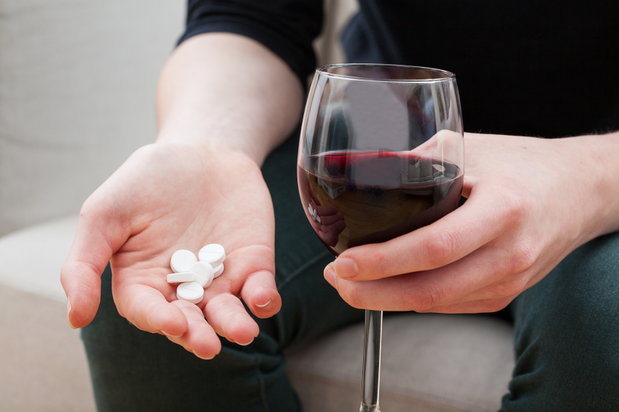Addiction relapse happens more often than people realize. Usually, things are going well when suddenly, seemingly without warning, sobriety is a thing of the past. However, a relapse does NOT have to be catastrophic. Detecting the specific signs of an alcoholic relapse in advance is entirely possible and a good preventative measure to take.
It may appear that your friend’s (or your own) setback came without any warning signs. But looking back, there are some key triggers that can be identified as signs of an oncoming relapse.
When you experience these indicators, reach out for help as soon as possible. There is no time to wait.
By focusing on three key areas, you can help prevent deterioration of progress against alcoholism and stay on a path of soberness.
1. False Confidence
One clear sign that relapse is near is when the person believes they are strong enough to use alcohol again without falling back into addiction. The person believes they can handle just one drink.
Stop! You absolutely cannot handle "just one drink,” especially if you are in recovery. Taking even one sip is a recipe for relapse – and a chance you shouldn’t take. When you resent those who try to point this out, it is a strong sign that you are swaying off the path of recovery and heading for a relapse.
2. Changes in Attitude or Behavior
Becoming defensive and unable to accept constructive criticism indicates a relapse in the looming future. Showing signs of aggressiveness, irritation with others and feelings of frustration that deteriorate into anger are significant signals that something is changing.
This behavior is the beginning of the same pattern of denial that was present during the addiction. It can even morph into feelings of depression and loneliness. This is a time when you need to lean on your support system more than ever.
3. Signs of Stress
Research clearly demonstrates that stress is a major contributor to relapse in alcohol sobriety. Many studies have demonstrated a powerful association between alcohol use and constant anxiety.
Stress also does not discriminate. It can affect housewives, CEOs, athletes and even celebrities.
For example, in November 2013, ABC News Anchor, Elizabeth Vargas, sought treatment for alcoholism in a facility specializing in trauma because she suffered from anxiety and panic attacks since childhood and later started drinking to ease it. She experienced another public setback and returned to a professional facility to treat her alcoholism in August 2014.
The message here is that you are not alone and a setback is not the end of the road.
Overcoming the disease of alcoholism is a long and incredibly difficult process. The deep fear of relapsing affects many people struggling with alcoholism and focusing on “relapse prevention” may seem like a daily struggle.
However, there is hope.
Many experts believe the path to success is taking positive and appropriate action each time you struggle with your addiction and not to be discouraged.
Reach out. Ask for help. Trust others.
If you are committed to battling and addressing this debilitating disease, you WILL succeed.
|
If you or someone you know is seeking help from addiction, please visit our directory of treatment centers or call 800-772-8219 to speak to a treatment specialist. |








